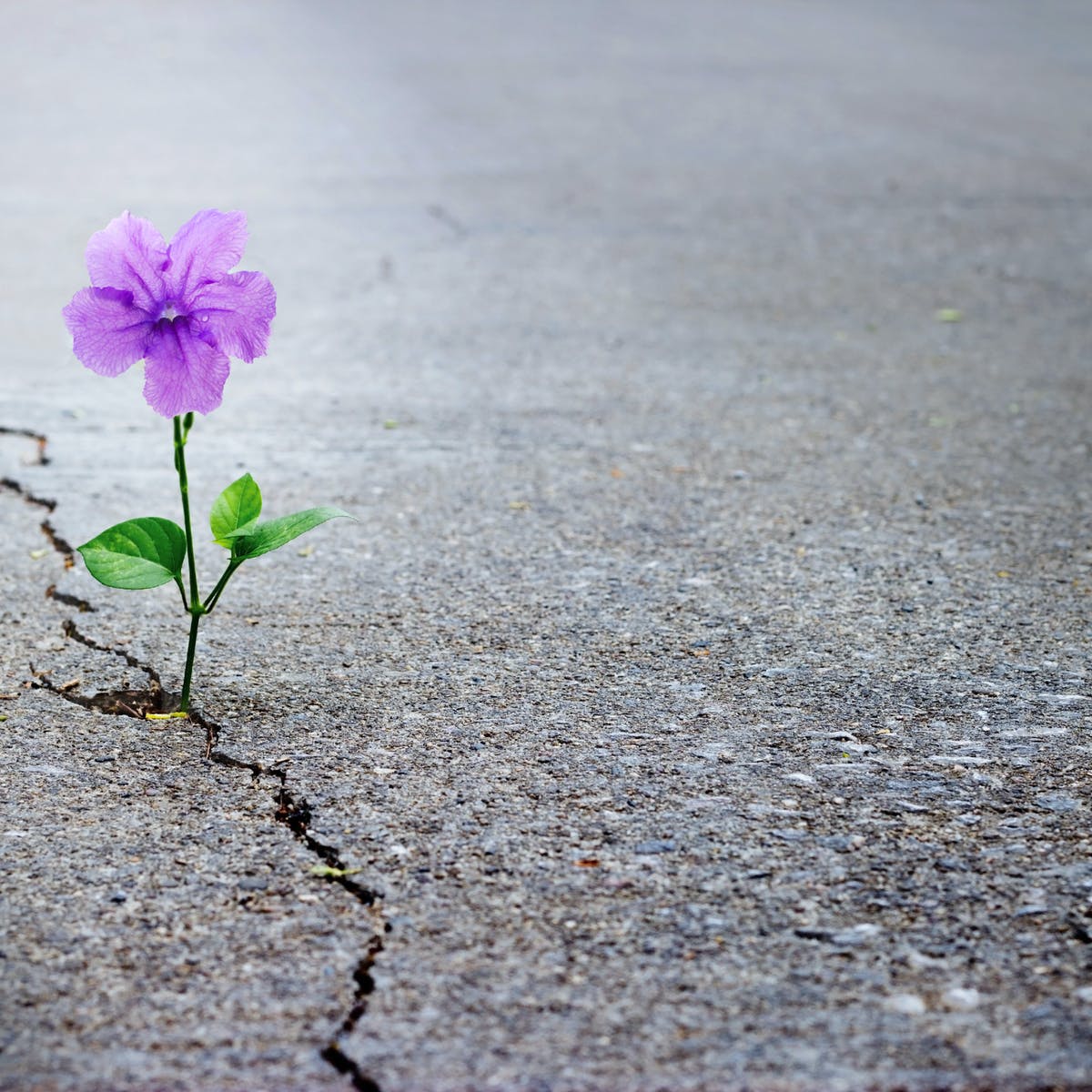

Love and Affection in Imam Hussain (AS)'s Uprising in Karbala
Love and kindness are two of the main components of Islam. To the extent that Allah regards Prophet Muhammad (PBUH&HP) as kind and benevolent towards people of all nations in the Holy Quran: “We did not send you but as a mercy to all the nations (21:107).” And says that if he had not been gentle to people, they would have surely scattered from around him. (3:159)
Imam Hussain (AS), following in his grandfather’s footsteps, also placed particular emphasis on this prophetic trait and ethic. He was not only gentle and affectionate towards his children, family, and relatives, but also showed great care, compassion, and respect towards others, even his enemies. The whole Fifty-seven years of Imam Hussain (AS)’s life are replete with such exemplary behavior. He did not give up this attitude towards others even in the hardest situations, like when he was at war with his enemies in the desert of Karbala.
Here we will see only a few examples of Imam Hussain’s (AS) love and affection towards others in the last days of his life:
Imam Hussain (AS)'s Attention to Children:
During the battle, in Karbala, Imam Hussain (AS) would sympathize with his family and children and treated them with love and care whenever possible.
Imam Hussain (AS)'s Attention and Respect towards His Companions:
At the night before Ashura, Imam Hussain (AS) refers to his relatives and companions as the best ones ever: “It is a fact that I am not aware of any companions more faithful and honest than my companions and any relatives more righteous and kind than my relatives.” Imam Hussain (AS) then permits all his companions to leave him without any restrictions to save their lives, but they don’t accept. On several occasions, such as the morning of Ashura, he addresses them with the most respectful titles like “the nobles.” Also, it is narrated that during the battle, Imam (AS) would be present near his martyred companions himself, and wept and prayed for them one by one, even for the African slave, Jawn.
Imam Hussain (AS)'s Compassion for His Enemy:
Imam Hussain (AS) never used foul language or even one wrong word against his enemy. He would not hesitate to take advantage of any opportunity to stop the violence and invite his enemies to peace. For instance, when Imam Hussain (AS) and his companions came across Hur, and his army, who were supposed to intercept Imam Hussain (AS) outside Kufa, Imam Hussain (AS) quenched their thirst. He, along with his companions, also even gave water to their horses.
Another example of Imam Hussain’s compassion for the enemy is his encounter with Umar ibn Sa’ad and the other commanders of the enemy’s army on the day of Ashura, and his effort to persuade them to stop the war. In fact, Imam (AS) did not want them to commit an unforgivable sin- i.e., killing the innocent Imam (AS) and his companions- that would make them end up in hell.
So, it was only Imam Hussain's (AS) love and mercy towards humankind that touched every one’s heart, even his enemy to the extent that some of whom, like Hur, would surrender to righteousness, accompany Imam Hussain (AS), perform their prayer in congregation behind him, fight against his enemy and finally be martyred along with him.
This is Imam Hussain’s (AS) lesson of tolerance and benevolence towards all human beings, which is beyond any religion or sect; that if one does not want to follow a particular religion, he/she can at least live a human life [3].
References:
- Imams sermon
- last night in Karbala
- Bihar al-Anwar, vol. 45, p. 49
Share This Article

The First Reason behind Islam's Quick Spread Round the World
Islam has spread much more quickly than the other religions all over the world. The question is how this has happened? And it becomes more important when we consider the situation in which Prophet Muhammad (PBUH&HP) emerged.
He (PBUH&HP) invited people to Islam while he did not have any wealth or position and even when his family opposed him; except his wife, Lady Khadija (AS), and his cousin, Imam Ali (AS). Several factors were involved which we will discuss in a series of articles. Here, the focus is on how pleasant characteristics of Prophet Muhammad (PBUH&HP) helped Islam to become well known throughout the world.
The Quran confirms the impact of Prophet Muhammad’s (PBUH&HP) behavior
In the Quran it is emphasized that the morals and attitude of Prophet Muhammad (PBUH) was one of the factors which attracted people to Islam: “had you been harsh and hard-hearted, they (people) would have surely scattered from around you” (3:159). This pleasant behavior of the Prophet (PBUH&HP) which made people inclined to him and Islam is known to be due to the God’s mercy over him (PBUH&HP) (3:159).
Indulgent in Personal Affairs, Severe in People’s Rights
Prophet Muhammad (PBUH&HP) was forgiving towards those who had bothered him or even insulted him. It is narrated that once, a Jew accused Prophet (PBUHHP) of owing him some money and insisted on paying him back immediately. Prophet (PBUH&HP) told him gently that he had made a mistake, but the man repeated his claim and suddenly assaulted the Prophet (PBUH&HP). The companions of Prophet (PBUH&HP) came to interfere, but he (PBUH&HP) said: “I know how to deal with my friend.” He (PBUH&HP) behaved very nicely such that the man acknowledged that this behavior is only expected from a prophet and he declared his belief and embraced Islam right there.
However, he (PBUH&HP) was very serious about applying Islamic regulations or others’ rights. It is narrated that a woman from Quraysh [i] had stolen something; she confessed and had to be punished. Many people, including her family, interfered to change the Prophet’s mind and to stop her punishment. Prophet (PBUH) told people that they had meddled because she was from a famous family, but there is no exception to Islamic rules.
Taking Advice from Others
To provide an exemplary leader for others, to train people to act alike, to valorize his companions and to convince people to follow his instructions, Prophet (PBUH) used to take advice. Of course, in the end, he (PBUH&HP) was the one who decided and made firm decisions: “consult them on the matter. And when you have decided, then rely upon Allah” (3:159).
Advertising and Inviting to Islam with Wisdom and Affection by Prophet Muhammad (PBUH&HP)
“Invite (mankind) to the Way of your Lord with wisdom and fair preaching, and argue with them in a way that is better” (16:125). Unlike what is advertised against Islam, Prophet Muhammad (PBUHHP) never forced people or threatened them to accept Islam.
On the contrary, following the advice of the Quran, he promoted Islam with kindness, fairness, and wisdom. Instead of humiliating and discriminating non-Muslims, or being harsh and fierce, he used rational argument and discussion which also improved their rationality and thinking power [1]. This followed the fact that embracing Islam should be according to the personal perception and understanding and it cannot be based on the imitation [2].
Notes:
[i]A mercantile tribe that historically inhabited and controlled Mecca and Ka'aba.
References:
Read More

A Seed of Hope and a successful life
What is “hope” and how important it is in our lives? Why do we need hope? How can we cultivate moments of hope in our lives and honour our hope in small ways even through hard times? In other words, How hope makes us successful? And what is the importance of hope for a believer?
A seed of hope is the beginning of every good thing in our livesHope gives birth to ?! life. It always believes for the best, even in the face of the worst circumstances.
For believers in Allah, hope is much more than a wish or a positive outlook; it is based on the promises of Allah found in His Word. They are promises to move on our behalf.
How can we hope in this world full of problems?
We can have hope in life no matter what surrounds us because we serve a mighty Allah who cares about us as knows us by name, and understands the desires of our hearts. “He knows whatever there is in the heavens and the earth, and He knows whatever you hide and whatever you disclose, and Allah knows best what is in the hearts”.[1] He who had known us before we were even formed in our mother’s womb. “Indeed the knowledge of the Hour (Resurrection) is with Allah. He sends down the rain, and He knows what is in the wombs. No soul knows what it will earn tomorrow, and no soul knows in what land it will die. Indeed Allah is The All-knowing, The All-aware”.[2]

Perhaps you are facing setbacks with your job or relationships. Maybe you are struggling financially or the pressures of life is just overwhelming you. If it applies to you, there is still hope! Allah is for you, not against you. His resources are endless As He says, “There is not a thing but that its sources are with Us, and We do not send it down except in a known measure”. [3] His power and love know no boundaries. Allah is on your side. Do not let the enemy, Satan, your thoughts, or anyone else tell you anything different. Keep hope alive and never give up! “Satan frightens you of poverty and prompts you to [commit] indecent acts. But Allah promises you His forgiveness and grace, and Allah is The All-bounteous, The All-knowing”. [4] Allah is a God of more than enough as He does not have any lack. He always has a solution and is ready to speak to you, encourage you and for some, to rescue you. Let me ask you where your hope is today. Is it in people; in your capabilities; in your occupation? Be encouraged and build your hope on nothing less than Allah himself. And put your trust in Him; He suffices as trustee “and He is an excellent trustee”. [5] He is your solid rock in which all other ground is sinking sand.
Hope today, hope now! Know that whoever hopes in Allah and trusts in Him, will never be/get disappointed. This is the right path and this is the way of salvation. Always remember this verse of the Holy Quran, “Say, nothing will befall us except what Allah has ordained for us. He is our master, and in Allah let all the faithful put their trust”.[6]
references
- (The Qur’an; 64:4)
- (The Qur’an; 31:34)
- (The Qur’an; 31:34)
- (The Qur’an; 31:34)
- (The Qur’an; 31:34)
- (The Qur’an; 9:51)
Read More

